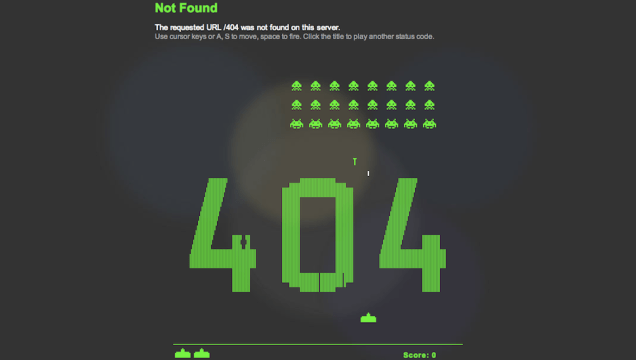For most of us, a hyperlink 404ing is a problem fixable with a quick visit to the Wayback Machine, or maybe just taking a walk away from the computer and reflecting on the importance of cat GIFs. But for academics, broken links present a major problem.
In case (like me) you thought that broken links were an issue limited to ’90s GeoCities sites, here are the scary statistics, courtesy of Nature: an analysis of scientific papers from 2012 found that between 13% and 22% of links were broken. Over 80% of papers contained at least one rotten link. For a discipline that involves extensive referencing of other papers to remain credible, that’s a major problem.
The best solution — apart from forcing the entire human race to publish and MLA-cite every thought — lies with archiving services. The best-known is probably the Internet Archive, which maintains snapshots of web pages throughout history; the Harvard Law Library also has a service called Perma, aimed specifically at academics.
Archiving services can only go so far in the battle for permanence, though. Broken links aren’t just a problem for the ivory-tower crew: the internet might be humanity’s greatest repository of knowledge, but it’s also enabling us to lose information at a rate of petabytes. [Nature]
